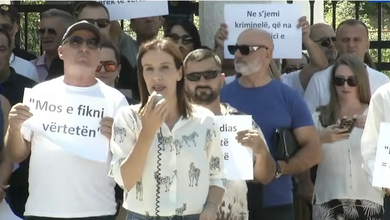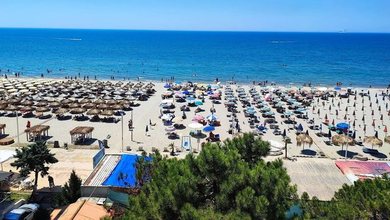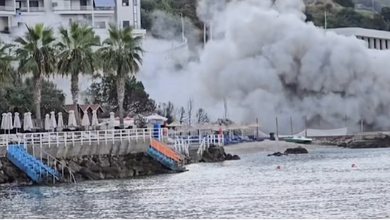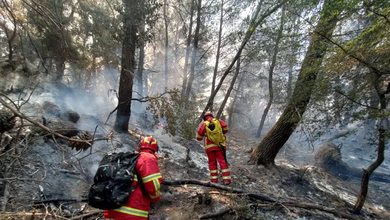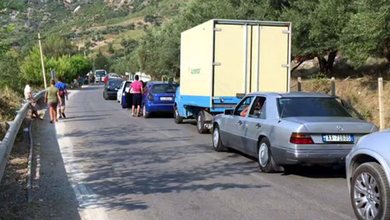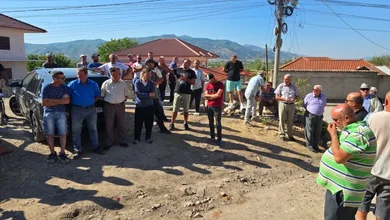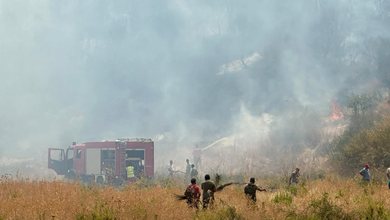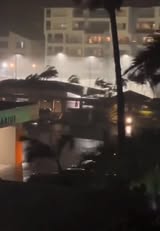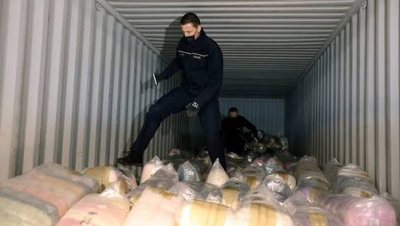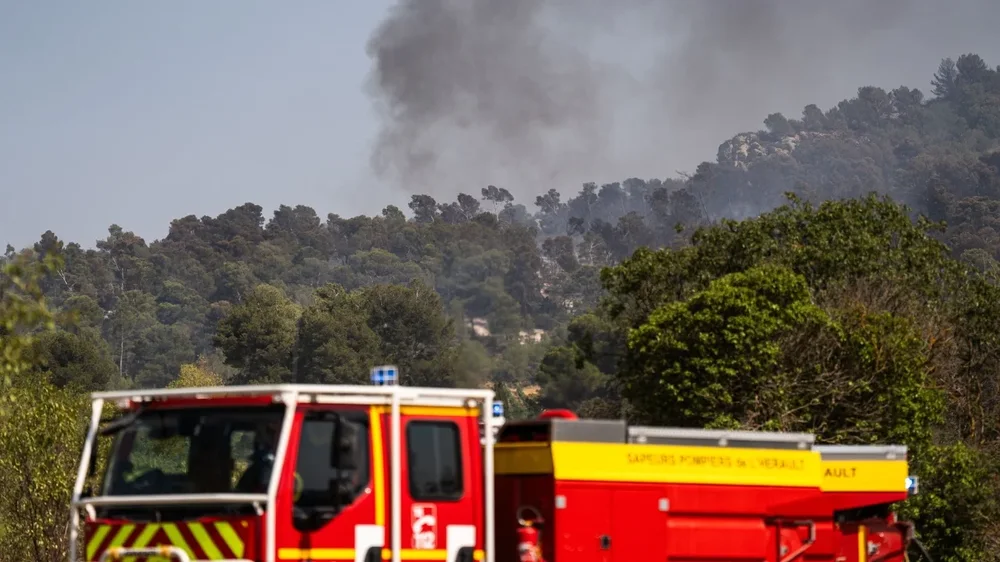
Southern Europe is facing an extreme heat wave, with temperatures reaching up to 42°C, causing a climate "Molotov cocktail" that is fueling huge fires in areas of the Mediterranean.
In France, more than half of the country is under a heatwave warning, with 12 regions under the highest alert, while in Spain, the Aemet agency has declared an "extreme risk" for Zaragoza and the Basque region, placing warnings across the country. Forecasts call for temperatures above 40°C in the coming days, with experts urging high vigilance.
Firefighters are battling blazes in France, where the biggest fire since 1949 was brought under control, but there were also fatalities and injuries. In Italy, tourist routes on Mount Vesuvius were closed due to widespread fires. In Spain, more than 1,000 residents were evacuated from fires in León and Zamora, while flames continue in Galicia.
Scientists explain that a wet spring has favored the growth of vegetation, followed by extreme heat, strong winds and a lack of rainfall, creating ideal conditions for the outbreak of fires. Temperatures are expected to reach new records in France and Spain, with entire areas under intense heat and a high risk of fires.
Meanwhile, the fires are also damaging places of great cultural and natural value, such as Las Médulas in Spain, a UNESCO World Heritage Site, which has been engulfed in flames. Experts warn of a new reality of fires, more widespread and intense due to climate change and changing natural landscapes.
The world has warmed by about 1.4°C from fossil fuel pollution and nature degradation, and Europe is experiencing faster warming than the global average, increasing the risk of major fires and natural disasters.


